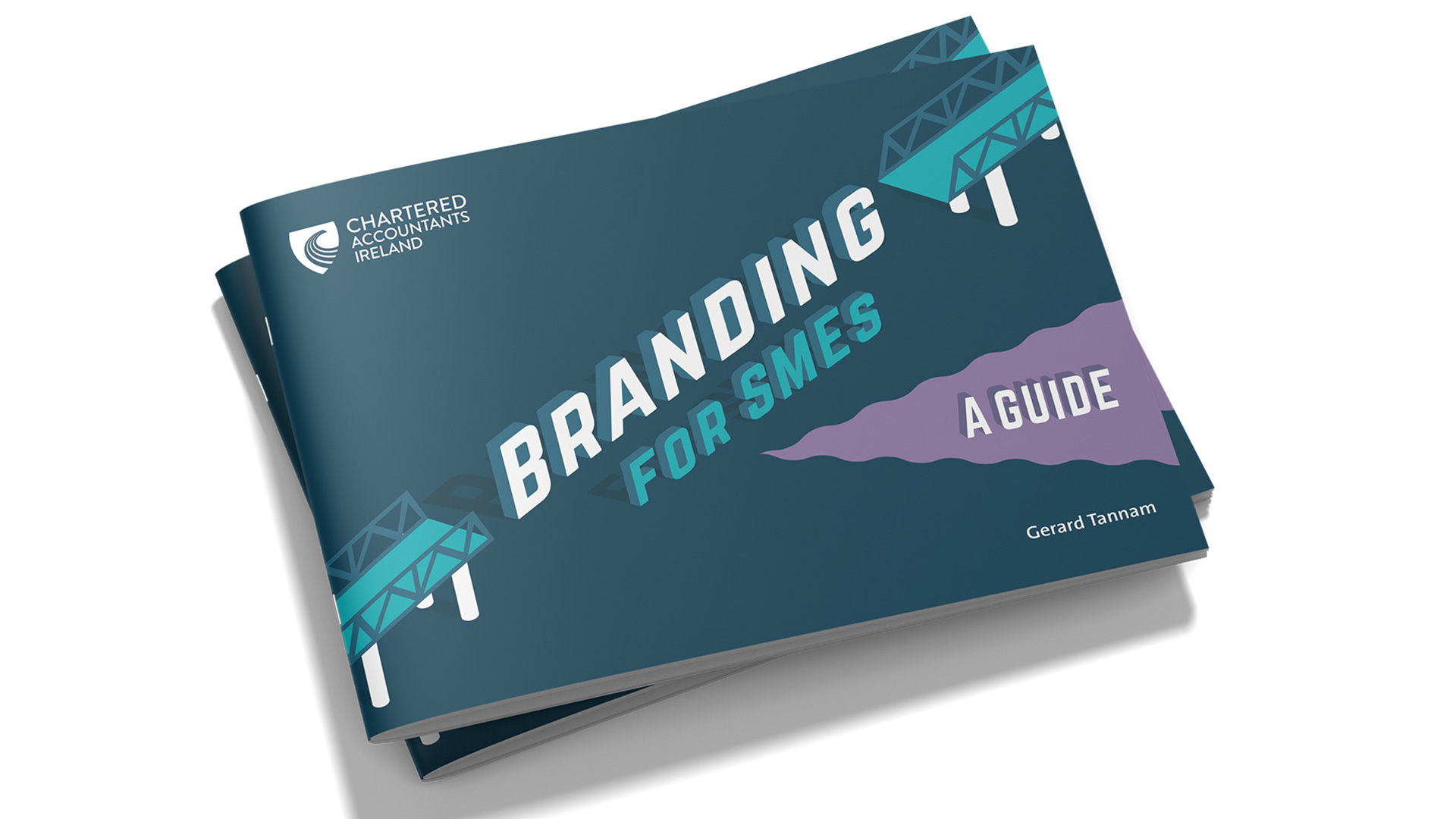Therése Havenga, Head of Business Transformation at Momentum Investo
Times are tight, but you can squeeze through with these financial techniques

With the price of life continuing to bully its way beyond the average household’s income, it is no surprise that more South Africans feel forced to spend more than they earn.
The latest Momentum Consumer Financial Vulnerability Index (CFVI) revealed that South Africans were more financially vulnerable in Q4 2022 than they were in Q3 2022. The reason is simple: they found it more challenging to pay their bills.
According to Therése Havenga, Head of Business Transformation at Momentum Investo, this comes as no surprise to anyone, as the cost of living is shockingly high and incomes are not increasing fast enough to keep up with the economic realities that fall outside our control. Hence, most of us are forced to spend more than we earn.
‘While it may feel like overspending is unavoidable, and sometimes it is, there are ways to beat the system and stay in the driver’s seat on your journey to financial success,’ Havenga says.
To make it through this financial obstacle course, Havenga recommends the below tricks to avoid overspending:
TRACK EXPENSES
In times of economic uncertainty, it’s more important than ever to be cautious with your spending habits. Havenga advises taking a look at your bank statements and pay careful attention to ALL of your expenses. This will give you not just a good idea, but the right idea, of where you overspend and need to adjust your behaviour.
‘Make a list of all the expenses you actually need and expenses you can do without. Also pay careful attention to your subscriptions such as streaming services, music services and subscriptions. While subscriptions are usually seen as inconsequential, they tend to add up. Cancel subscriptions of services you no longer use or even need,’ advises Havenga.
CONSIDER ADDITIONAL INCOME STREAMS
The gig economy is on the rise now, making it the opportune time to consider additional streams of income.
‘Gigging or having a side hustle that you do in your free time while holding onto your day job is a great way to make some extra money. Side hustles can provide much-needed financial relief in these difficult economic times,’ says Havenga.
CUT BACK ON ENTERTAINMENT
She says cutting a back on entertainment such as dining out, attending costly events and buying take out can leave you with some more money in your pocket.
‘Don’t overdo it, though,’ says Havenga. ‘Cutting back on entertainment does not mean you have to neglect your social life. Investigate cool and fun ways to let your social butterfly out without breaking the bank and keeping you on the financial straight and narrow.’
AVOID IMPULSIVE BUYING
Being deep in debt becomes a terrible cycle that most people struggle to stop since making another purchase is not going to make a massive difference anyway … Right? Wrong!
Havenga reminds us that every piece of debt adds up. ‘Avoid buying items impulsively. Make a list of items you need and try your best to stick to it,’ she says.
TAKE ADVANTAGE OF LOYALTY PROGRAMMES
Many grocery stores and petrol stations have rewards programmes that allow you to spend and receive special offers or even cash back.
‘Most loyalty programmes are free to use and sign up for, so make sure to take advantage of these programmes wherever you can. Every cent you save adds up to a rand!’
CONSIDER INVESTING IN A RETIREMENT PRODUCT
While it may be hard to scrape together money for a retirement product, it is important to note that the South African Revenue Service (SARS) offers generous tax deduction when you make contributions to your retirement annuity (RA), pension or provident fund.
It is also important to note that that some products also give you a payment break if you are in trouble – you don’t always have to walk away from it but can take a payment breather if you’re desperate. Always negotiate with your debtor or financial services company.
HAVE PATIENCE
‘Tightening your belt is not going to change overnight. Be patient with yourself and acknowledge that it is an ongoing process. It is also important to find ways to celebrate the small victories and reward yourself for getting on the right track,’ she says.
Despite dire economic circumstances, Havenga says financial success is never out of reach. ‘The right advice and sound financial decisions are key to weathering economic storms and achieving financial goals on your journey to success,’ she concludes.












